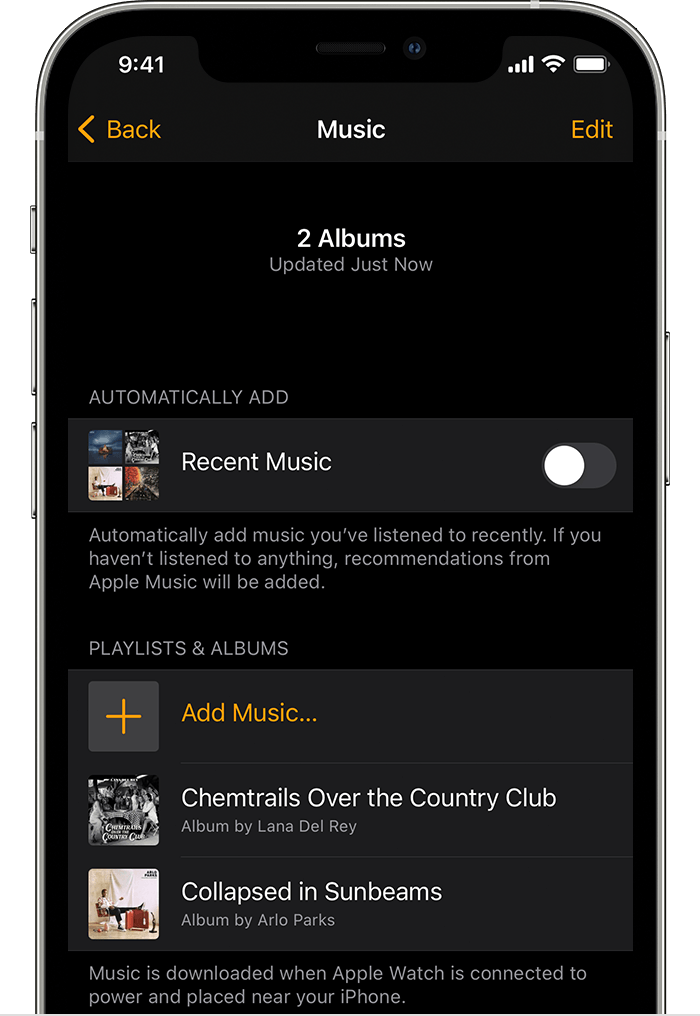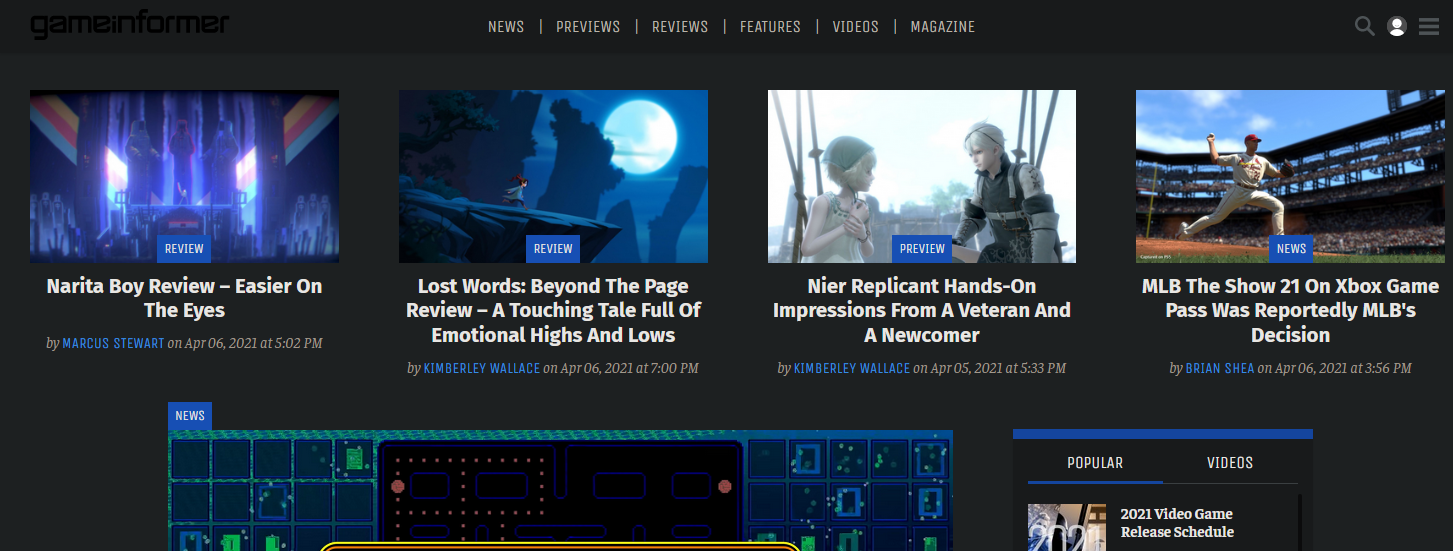This is a question I’m often asked by those just launching their podcasts. It is a very important question and one that also has legal ramifications. So, let me begin this answer with this legally important statement.
I am not a lawyer. I do not offer legal advice. The information I am providing here should not be considered as legal advice. I am only offering this as my perspective on this topic. If you truly want to know the legal side of this issue, I urge to seek out a qualified attorney in your locality.
OK, now that has been covered, let me get back to the question, “Why Can’t I Play Music on My Podcast?”
The answer is – YOU CAN play music on your podcast! The only qualification is that you must own the copyrights to the music. In other words, it must be music you created. That means writing the music, the lyrics and performed or recorded the same. With nobody else but you in the music.
Now that we eliminated 99.99% of the public from that category of music professionals, let’s address the rest of us in how WE can play music on our podcast.
First, a quick background.
Radio stations involve streaming music to their listeners. If you are paying royalty and licensing fees to the large firms that handle this sort of thing in the United States, you have the ability to stream music that is released in the United States. If you pay Sound Exchange, you have the right to publicly perform the music that is released in the United States. It is these rights that allow you conduct Internet streaming or “Internet Radio” type of operation.
I say “United States” because each country has its own laws and copyright and royalty laws and organizations.
Which also means, just because you have permission to play (stream) this in the United States, you do not have the right to do so overseas.
This is where it gets complicated for online platforms, such as podcasts.
To get even more complicated, podcasts are not considered “streaming platforms.” Nor are they considered “public performances.”
Under the “Copyright Act,” a recording does not involve the public performance right, but instead it covers the right to “reproduce” the work or sound recording.
Then, to take it one step further, as the music is combined with the other various parts of your podcast (i.e. speaking, teaching, etc.), you have changed the fundamental purpose of the music from its intended creation and repurposed it to your use. This invokes a different type of copyright. You now need the right to change it, which is called “master rights.”
You have heard modern versions of old songs we loved as kids, right? These artists obtained the “master rights” to do this. Master Rights must be purchased individually from the copy right holders. Which is usually the publishers of the music and the record company for the sound recording. You must negotiate with each of them for each song you want to use.
In the next segment, I’ll talk about that pesky little phrase of “Fair Use.” You know, like only using 15 or 20 seconds of your favorite song in your intro our outro.



